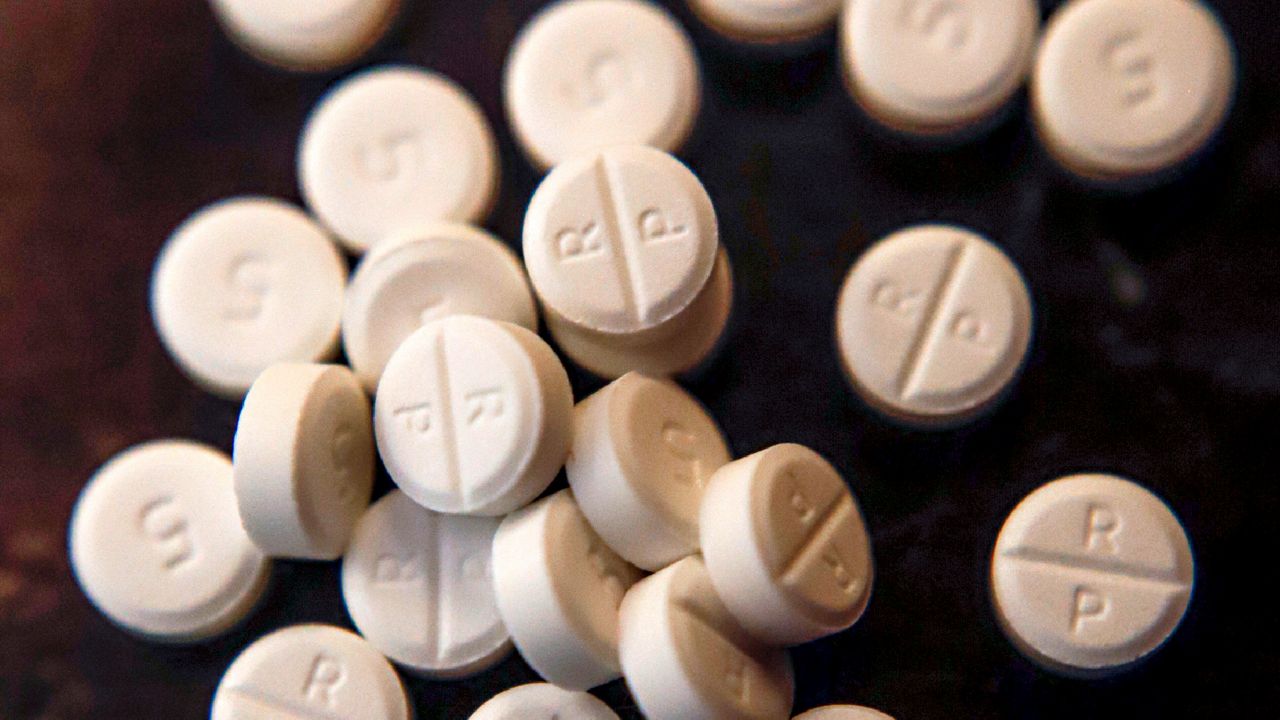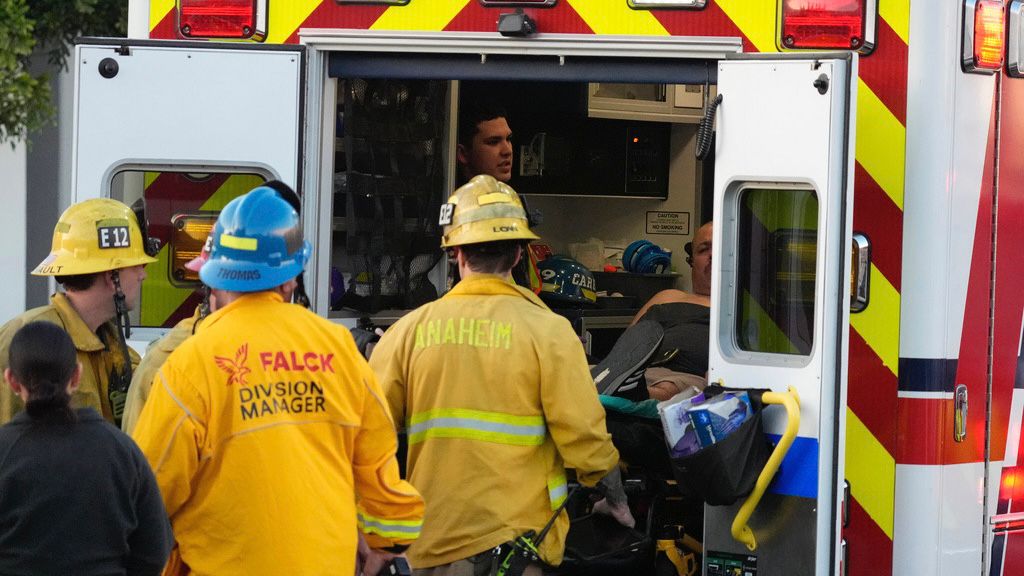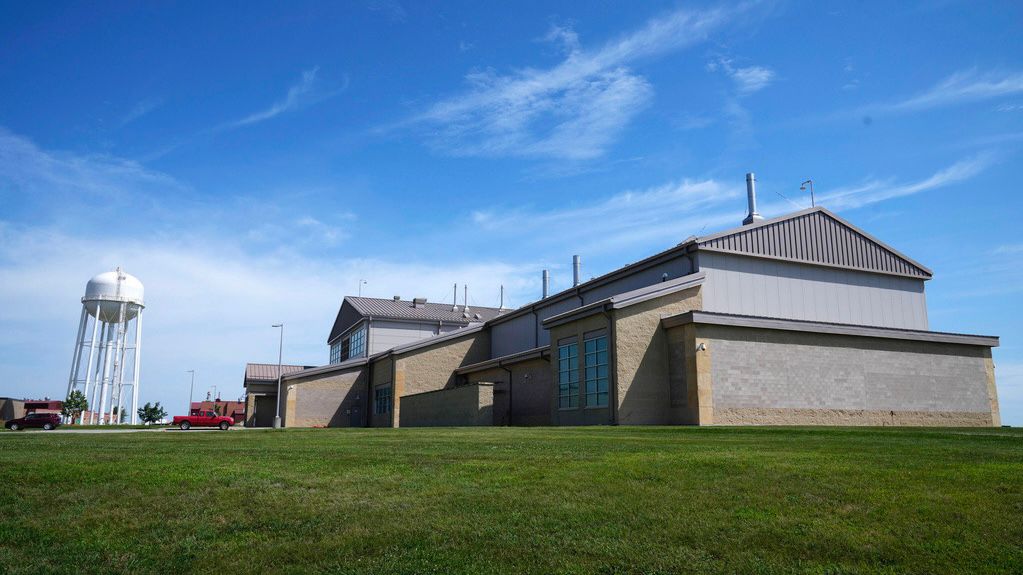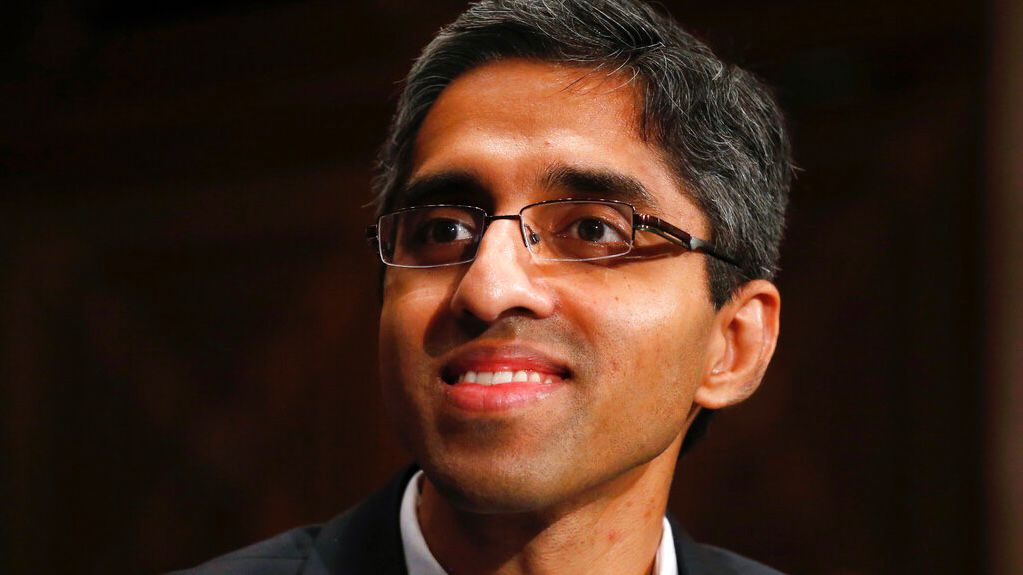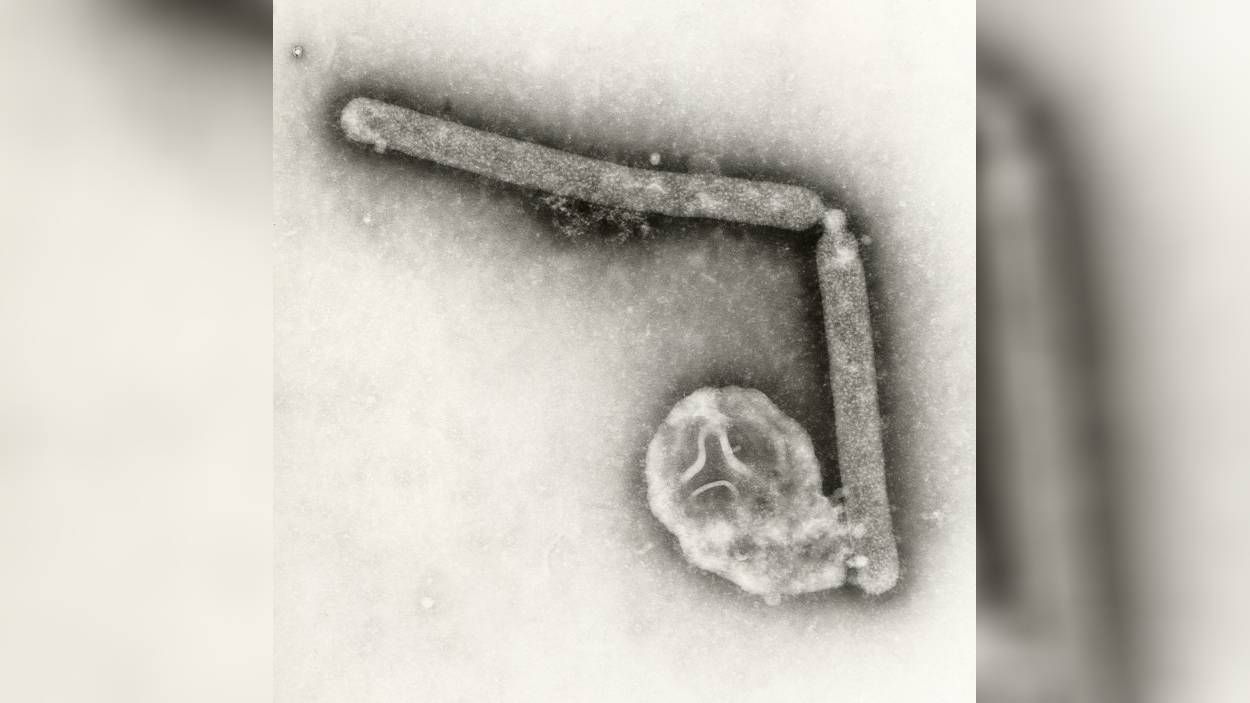WISCONSIN — The Wisconsin Department of Health Services on Tuesday announced they’re giving $8 million in grants for opioid and stimulant treatment services to several tribal nation and county agencies in the state.
These grants will help over 4,000 people in Wisconsin get access to treatment now through September, according to DHS.
“Improving access to treatment is a critical part of our plan to reduce the hurt and heartbreak caused by the epidemic of problem drug use we’re living with statewide,” DHS Secretary-designee Kirsten Johnson. “These grants will enable our local partners to remove the financial barriers to effective treatment, allowing more people to experience the promise of recovery. Recovery is possible for everyone.”
DHS said funding will be used to help connect people to “proven approaches” to treatment.
For example, for opioid use disorder, funding would be used to provide therapy, access to medications like buprenorphine, methadone and naltrexone, and other recovery supports.
For simulant use disorder (using cocaine or methamphetamine), funding would support cognitive-behavioral therapy, the Matrix Model — which involves multiple therapies in a highly structured environment — and more.
Three tribal agencies in the state received part of the funding, including Forest County Potawatomi, Ho-Chunk Nation and Lac Courte Oreilles Band of Lake Superior Chippewa. Twenty-two county agencies also received the funding, with Milwaukee County, Rock County receiving the highest sums. The two counties have been openly working to combat the opioid epidemic in their regions, as they've faced a particularly high surge in overdose deaths.
The grant awards given by DHS are part of Wisconsin’s close to $34 million allocated for the two-year State Opioid Response Grant Program. That program is supported by the federal Substance Abuse and Mental Health Services Administration.
Other funding from this program has gone toward prevention, harm reduction and recovery projects in the state, such as Dose of Reality and Real Talks Wisconsin initiatives, the distribution of Narcan and more.
Over 17,000 people have been connected to services because of this funding since 2017.
If you or someone you know is looking for treatment, they can visit the Wisconsin Addiction Recovery Helpline’s website or call 211.



